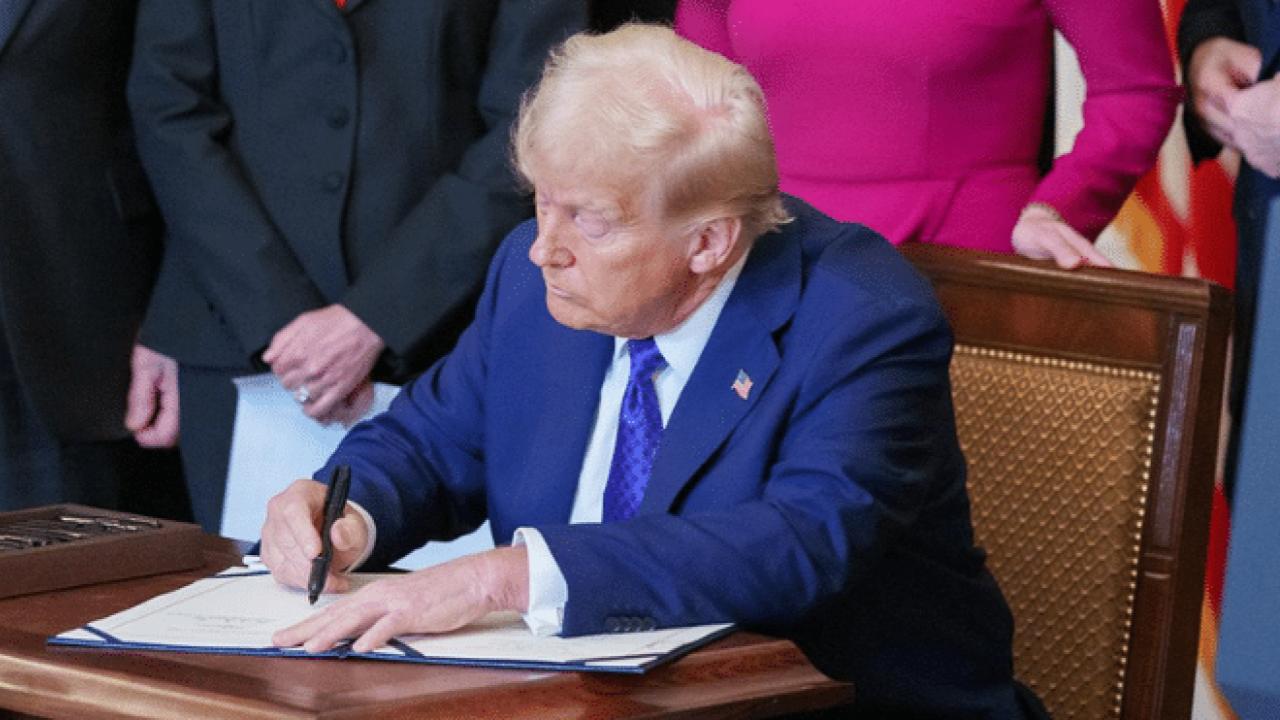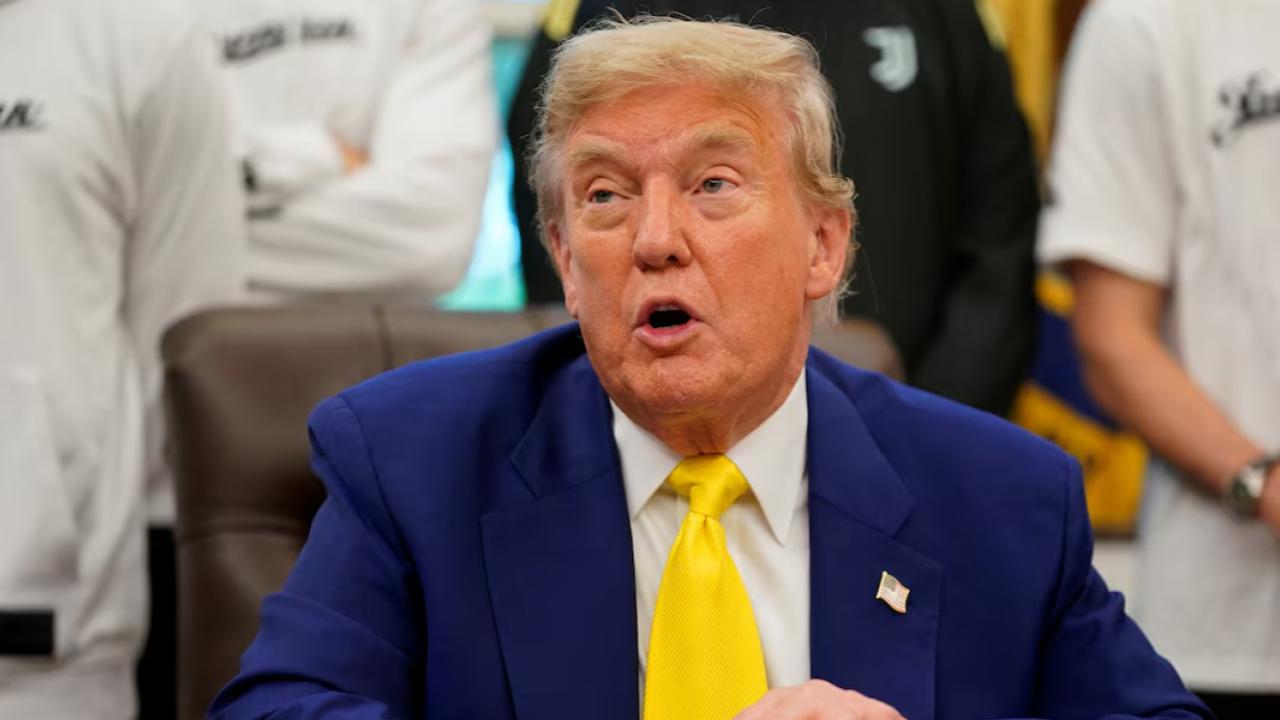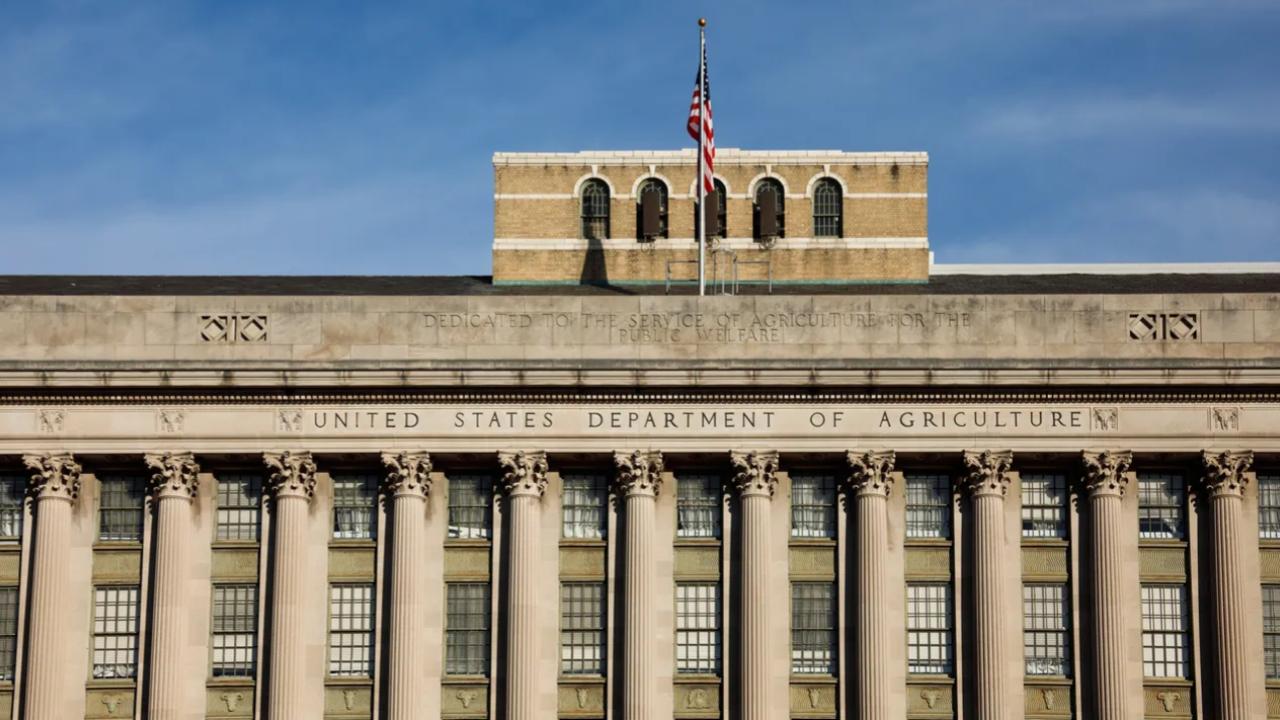Members of Congress are sounding the alarm over a sweeping new policy from the Department of Homeland Security (DHS) that severely limits their ability to inspect U.S. immigration facilities. Critics argue it amounts to a brazen power grab by the Trump administration and could conceal dire conditions inside detention sites.
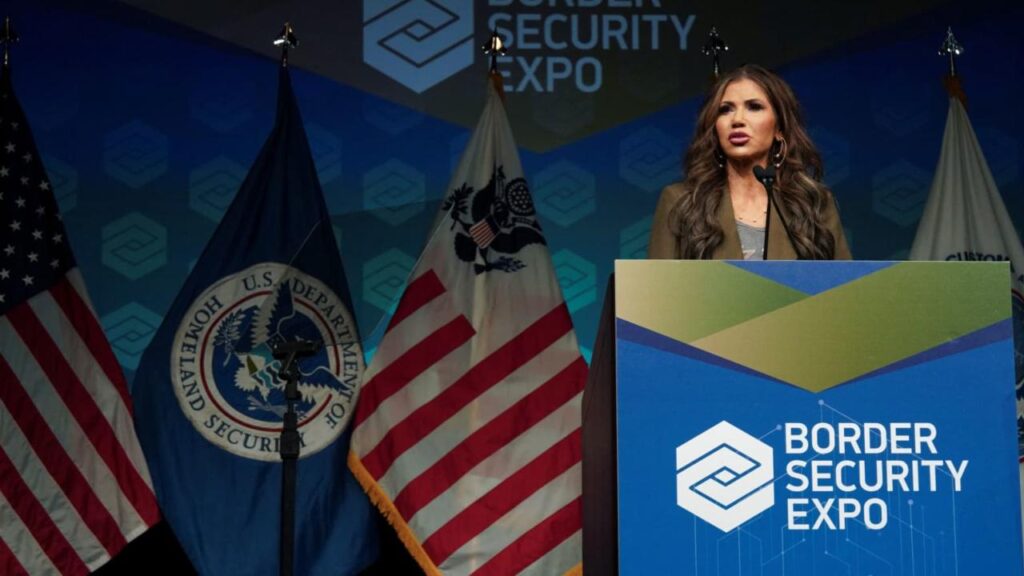
Congress Blocked from Inspecting Border Facilities
| Takeaway | Stat/Detail |
|---|---|
| New 72-hour rule | Lawmakers must now give 72 hours’ notice before visiting ICE offices |
| Discretionary denial | ICE can deny, delay, or cancel visits without review |
| Lawmaker arrested | Rep. LaMonica McIver was charged for visiting a Newark ICE office without permission |
This new DHS policy is more than red tape—it’s a deliberate shift in the balance of power. By limiting access, the Trump administration is testing how far it can go without Congress pushing back. If lawmakers want to reclaim their oversight role, they’ll need to act fast, and with force.
What’s Changing, and Why It Matters
The DHS directive, issued this month, requires members of Congress to provide 72 hours’ advance notice before visiting Immigration and Customs Enforcement (ICE) field offices. More controversially, it gives ICE leaders sole discretion to delay, reschedule, or deny any visit without oversight or explanation.
This new policy, which applies even to facilities that house detainees, directly contradicts federal law that allows lawmakers to conduct unannounced inspections of detention centers.
“The law is clear,” said Rep. Bennie Thompson (D-MS), ranking member of the House Homeland Security Committee. *”Congress has the right—and duty—to inspect these facilities unannounced. This is nothing short of obstruction.”
Real-World Fallout: Arrests and Access Denied
The policy comes on the heels of escalating tensions between ICE and lawmakers. In May, Rep. LaMonica McIver (D-NJ) was arrested while trying to enter an ICE field office in Newark without prior approval. According to her office, McIver had received reports of inhumane conditions and attempted a surprise visit.
“I wasn’t there to make a scene,” McIver told reporters. “I was doing my job—oversight. This policy aims to silence that.”
Other lawmakers report being detained, delayed, or simply refused entry under the new rules. Some worry these actions are intended to hide the treatment of migrants and asylum seekers held in backlogged ICE facilities.
What DHS and ICE Are Saying
A DHS spokesperson defended the new protocol, saying it ensures visits do not disrupt operations or compromise security. ICE echoed that, stating the changes are about “scheduling logistics” rather than avoiding scrutiny. But critics aren’t buying it.
“These field offices are, in many cases, active detention centers,” said immigrant rights attorney Karla Juarez. “If Congress can’t walk in unannounced, we’ll never know what’s happening behind those doors.”
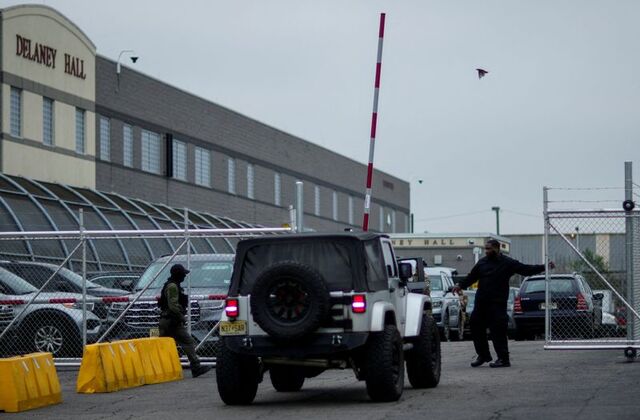
Power Struggle: Oversight vs. Executive Authority
Legal scholars say this could lead to a constitutional showdown. Federal statutes grant members of Congress access to inspect any facility where immigrants are detained. By redefining ICE field offices as administrative spaces, DHS may be dodging that legal requirement.
“This is an executive overreach with huge implications,” said NYU constitutional law professor Max Weiler. “It’s not just about immigration—it’s about checks and balances.”
Context: A Broader Crackdown
This move isn’t happening in a vacuum. The Trump administration has doubled down on aggressive immigration policies this year: launching mass deportation drives, limiting asylum claims, and even reviving a proposal to detain some migrants at Guantánamo Bay.
These actions, critics say, reflect a broader attempt to consolidate power within immigration agencies while sidestepping judicial or legislative oversight. “If you control the doors, you control the truth,” tweeted @RepJayapal, linking to McIver’s arrest.
What’s Next?
Congressional Democrats are preparing lawsuits challenging DHS’s new rules. They also plan to introduce budget riders that could tie funding to transparency requirements.
Meanwhile, human rights groups and journalists are calling for independent inspections, warning that limited oversight creates a breeding ground for abuse.
As someone who once accompanied a delegation to a migrant holding center in 2019, I can tell you this: conditions change when lawmakers show up. Blankets appear. Toilets get cleaned. Food gets served. If surprise visits end, so might accountability.


